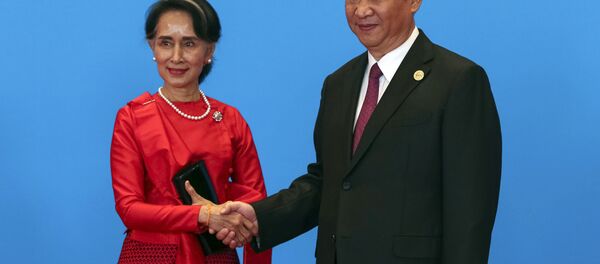The University of Maryland in the US posted a statement on its website late Monday, saying that it "proudly supports Yang Shuping's right to share her views and her unique perspectives and we commend her on lending her voice on this joyous occasion."
Yang, a graduate student at the university, made a speech, saying that she came to study at the university for "fresh air," while Chinese netizens found that Yang had studied in Kunming, Southwest China's Yunnan Province, a city that enjoys high-quality air. Yang also mentioned that she came to the US to breathe another kind of "fresh air" — "free speech."
Many Chinese alumni of the university reached by the Global Times on Tuesday said that the university's statement was "unacceptable" and, since the university stressed the importance of "hearing different viewpoints and embracing diversity," their voices should also be heard.
The university's Chinese alumni association also posted a video online titled "Proud of China," in which they said that they "are deeply concerned about some of the stereotypical comments in Yang's speech" and noted that Yang's speech includes "false statement and rumors."
The video has been watched for more than 6 million times on YouTube and Sina Weibo as of press time.
The video of Yang's speech has triggered debate with many criticizing her for "degrading China." An apology on her Sina Weibo on Monday failed to end the episode, as it had sparked discussions on Chinese netizens' nationalism and patriotism.
"Remarks based on real experience deserve respect, but some Chinese students have fabricated information or quoted out of context to smear China's image in order to please foreign audiences, which is morally wrong," Steven Dong, a professor at the Academy of Media and Public Affairs of the Communication University of China, told the Global Times.
The topic on Yang's incident has garnered more than 56 million views on Sina Weibo as of press time. And some netizens began to post Yang's personal information online, including her parents' occupation, questioning how her father, reportedly an official at a local public security bureau, could afford the cost of her education overseas.
There are also people who hold the opposite view.
An online poll started on a WeChat account on Tuesday shows that 79 percent of more than 10,000 respondents believe Yang did not "belittle" China. Only 16 percent of the respondents, about more than 1,800 people think that Yang's speech had defamed China.
This article, written by Li Ruohan, was originally published in the Global Times.




